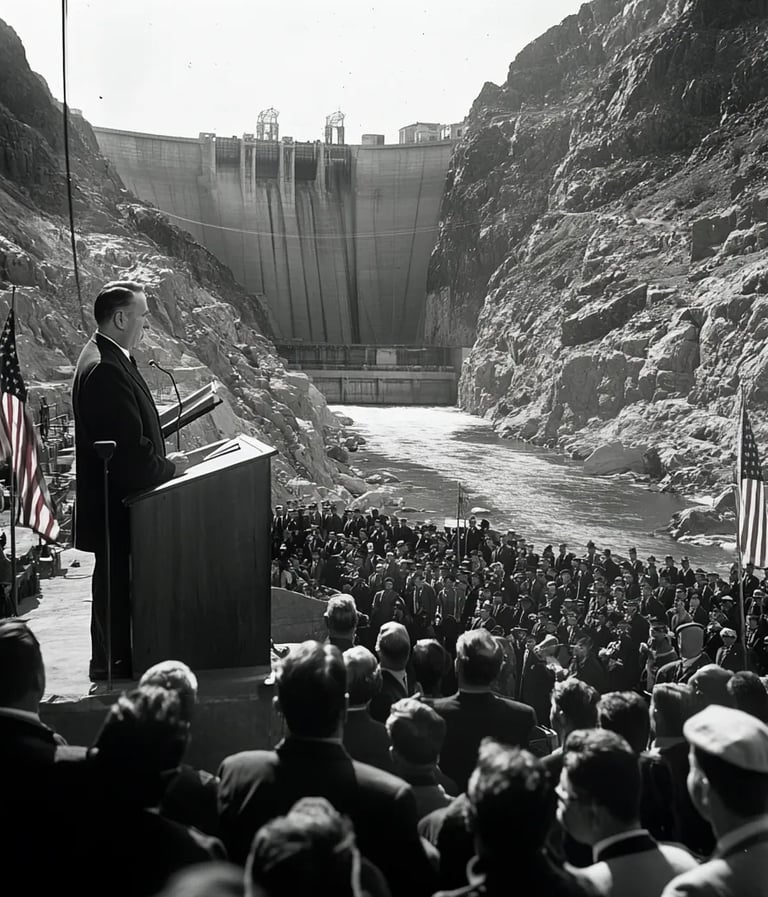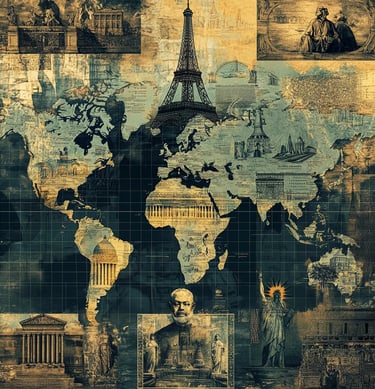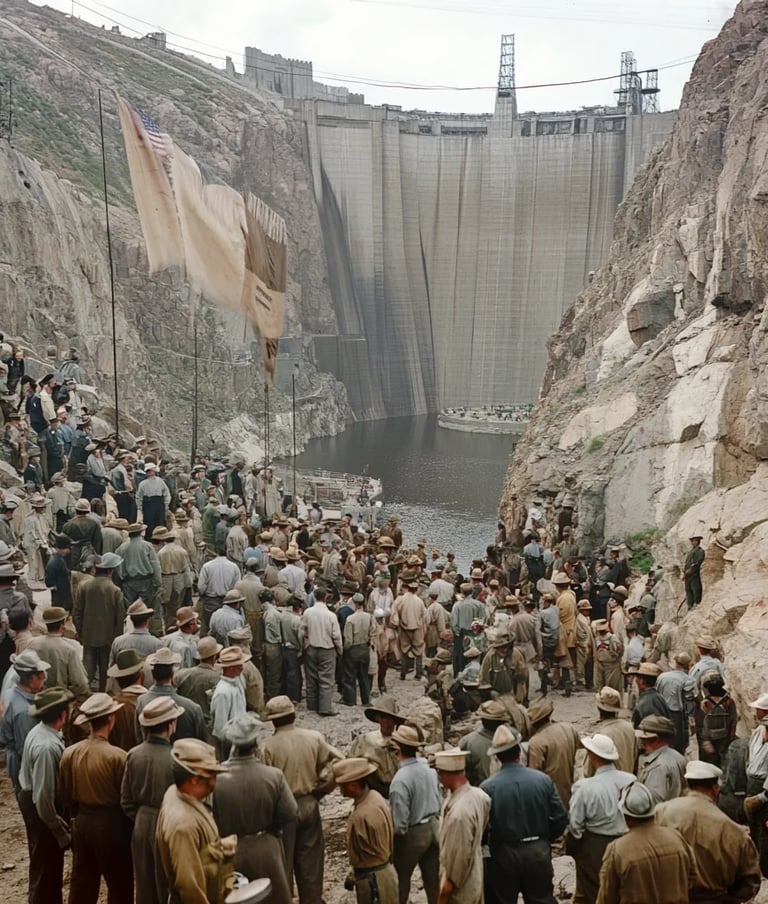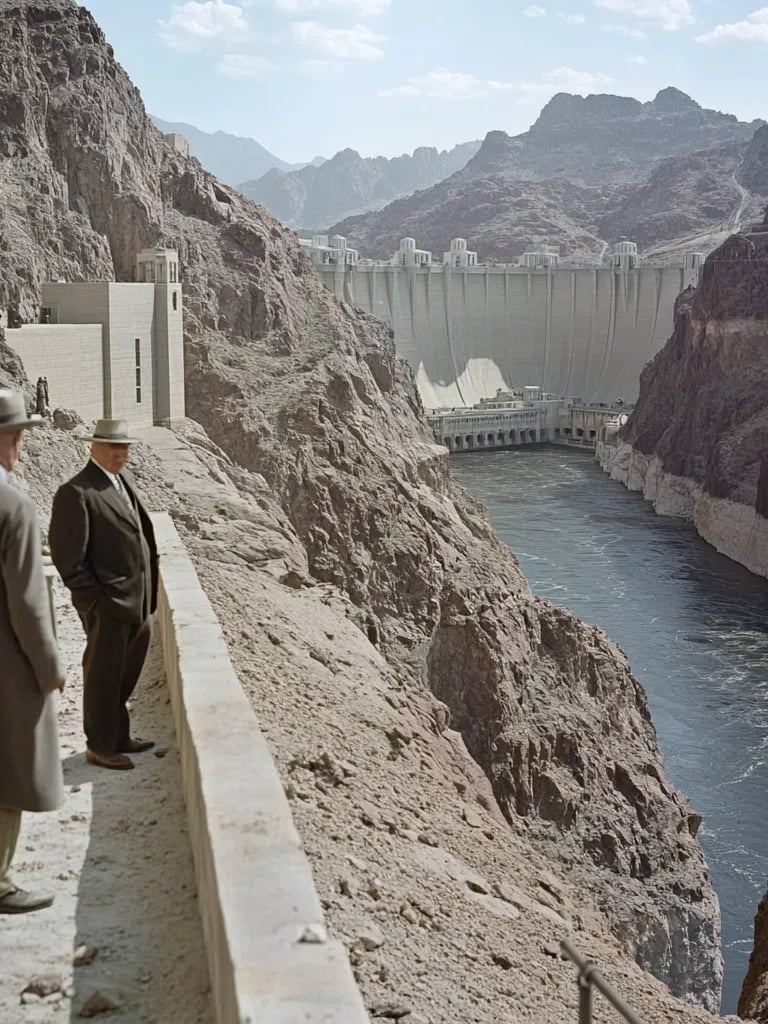In November 1240, Batu Khan's Mongol army surrounded the ancient city of Kyiv and began pounding its defenses with catapults. For eight agonizing days, the city resisted until its walls crumbled and Mongol forces stormed through. What followed was catastrophic: mass slaughter, cultural devastation, and the fall of Kievan Rus' as a dominant power in Eastern Europe. The Mongol conquest left a scar that endured for generations.
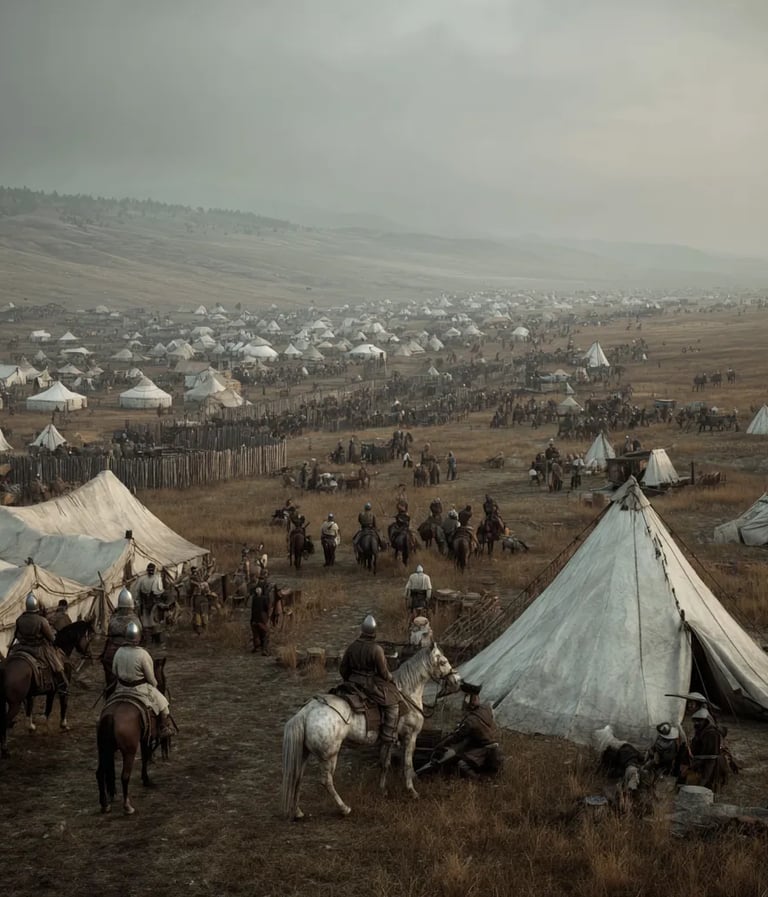

1240 – Siege of Kyiv Begins: Batu Khan’s Catapults Unleashed
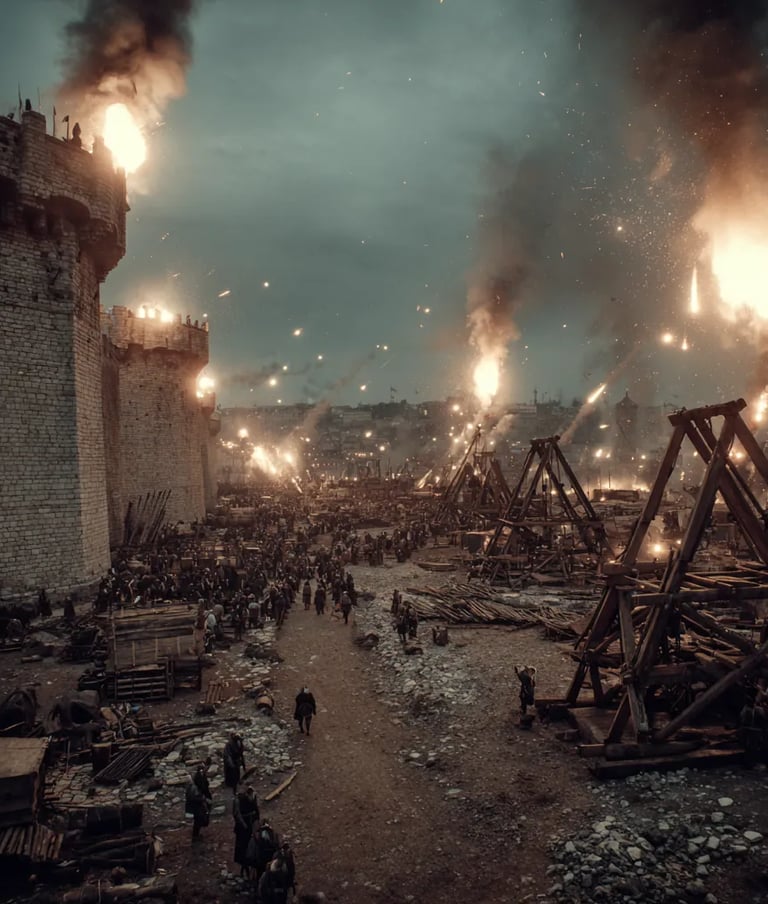

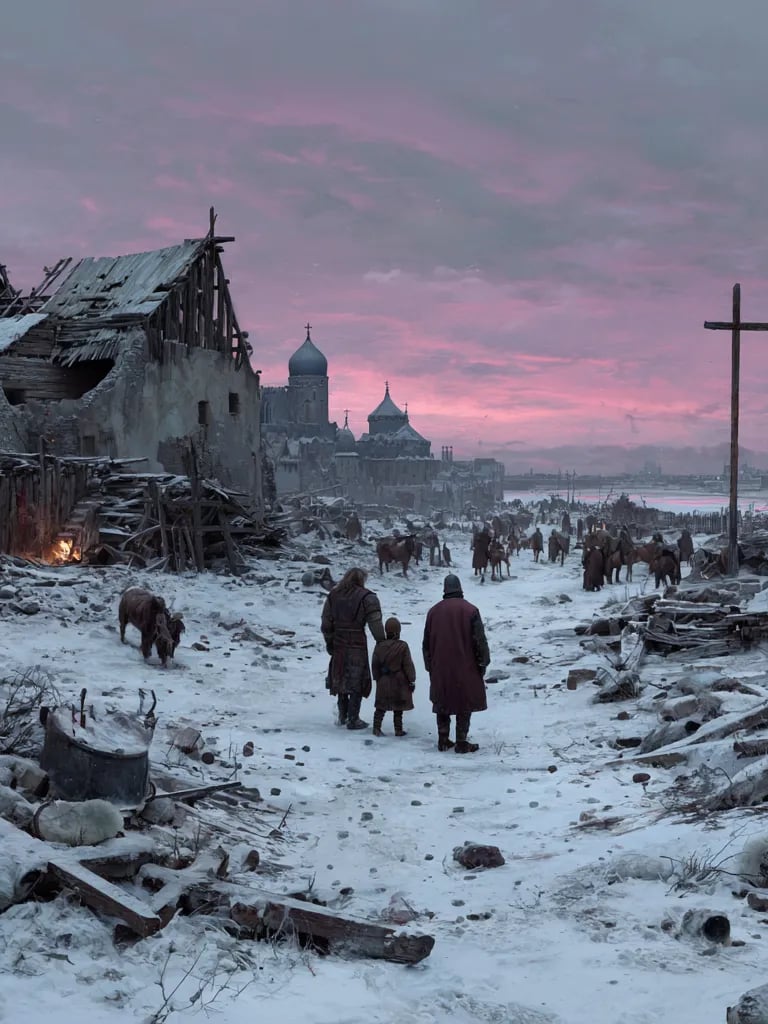

Off the Caribbean coast in 1717, the feared pirate Blackbeard captured a French merchant slave ship and gave it a new name—Queen Anne’s Revenge. Refitted with 40 guns, it became the flagship of his brutal reign. From that deck, Blackbeard terrorized Atlantic shipping routes and carved his legacy into maritime legend, ruling the seas with flair, firepower, and a terrifying beard braided with slow-burning fuses.
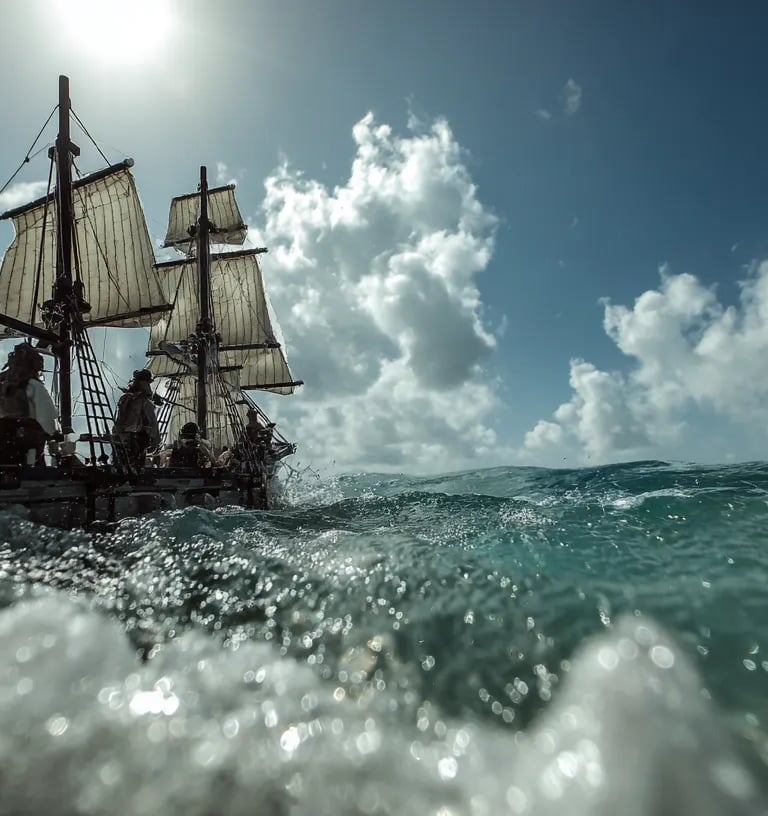

1717 – Queen Anne’s Revenge: Blackbeard’s Most Infamous Catch
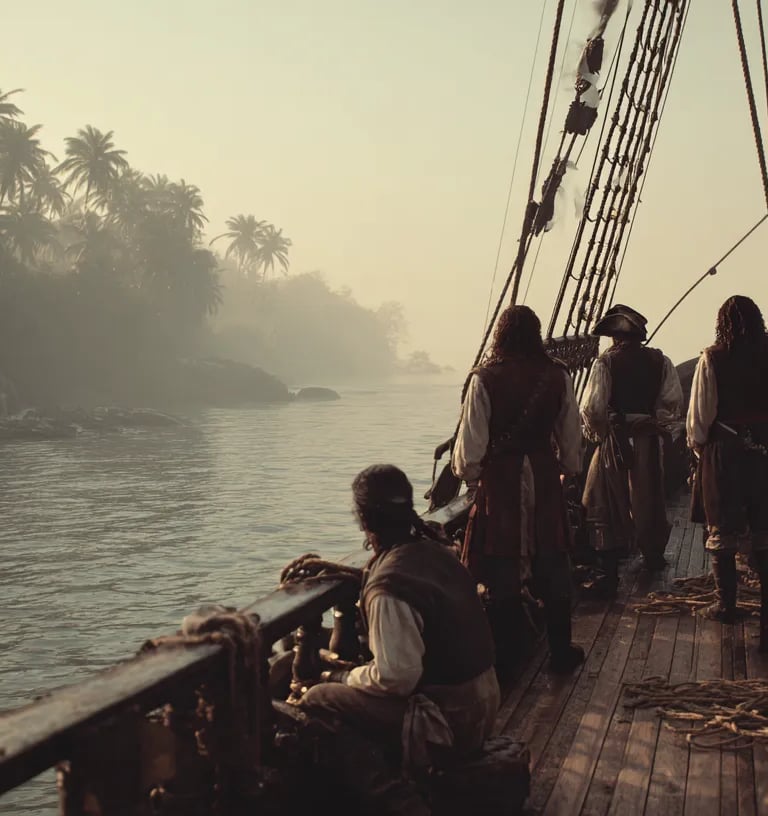

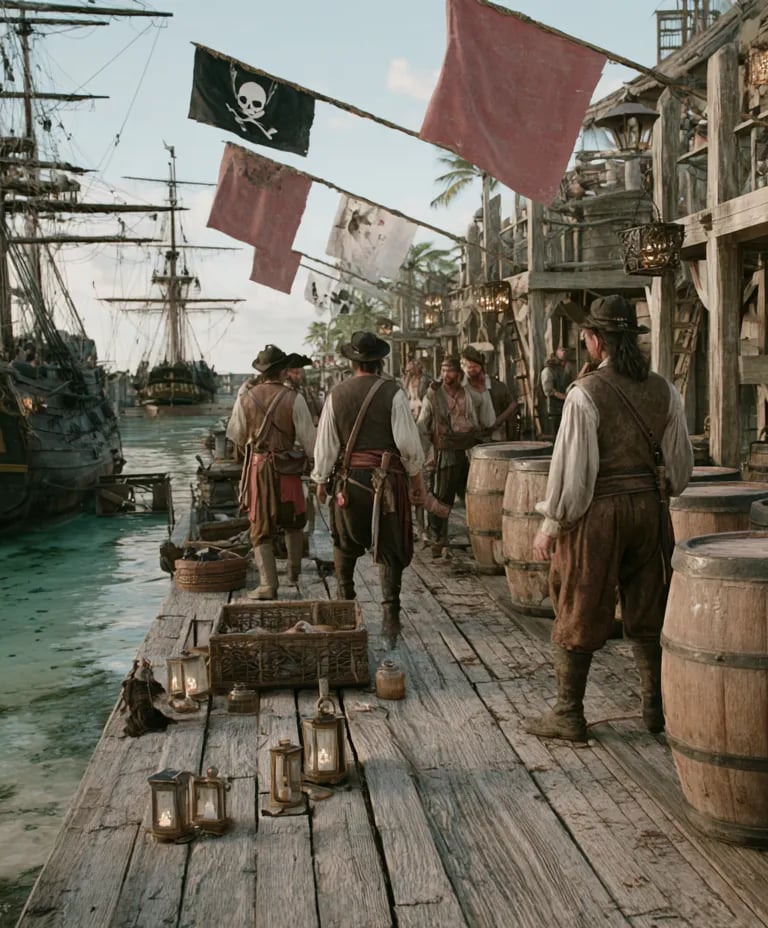

In 1795, facing constant raids by Barbary pirates, the fledgling United States made a reluctant deal: $800,000 in gold and a warship in exchange for peace with Algiers and Tunis. It was the cost of keeping American sailors and ships safe in the Mediterranean. The treaty exposed the young nation’s military weakness—and sparked the eventual decision to build a stronger navy to stop paying for peace.
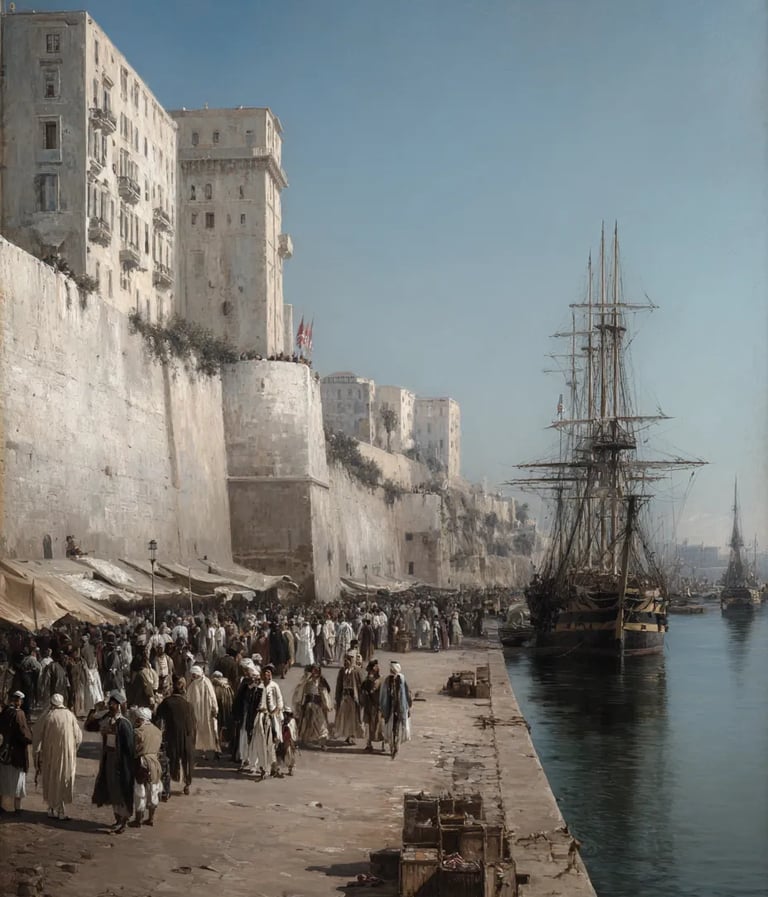

1795 – The Price of Passage: U.S. Pays Tribute to Stay Afloat


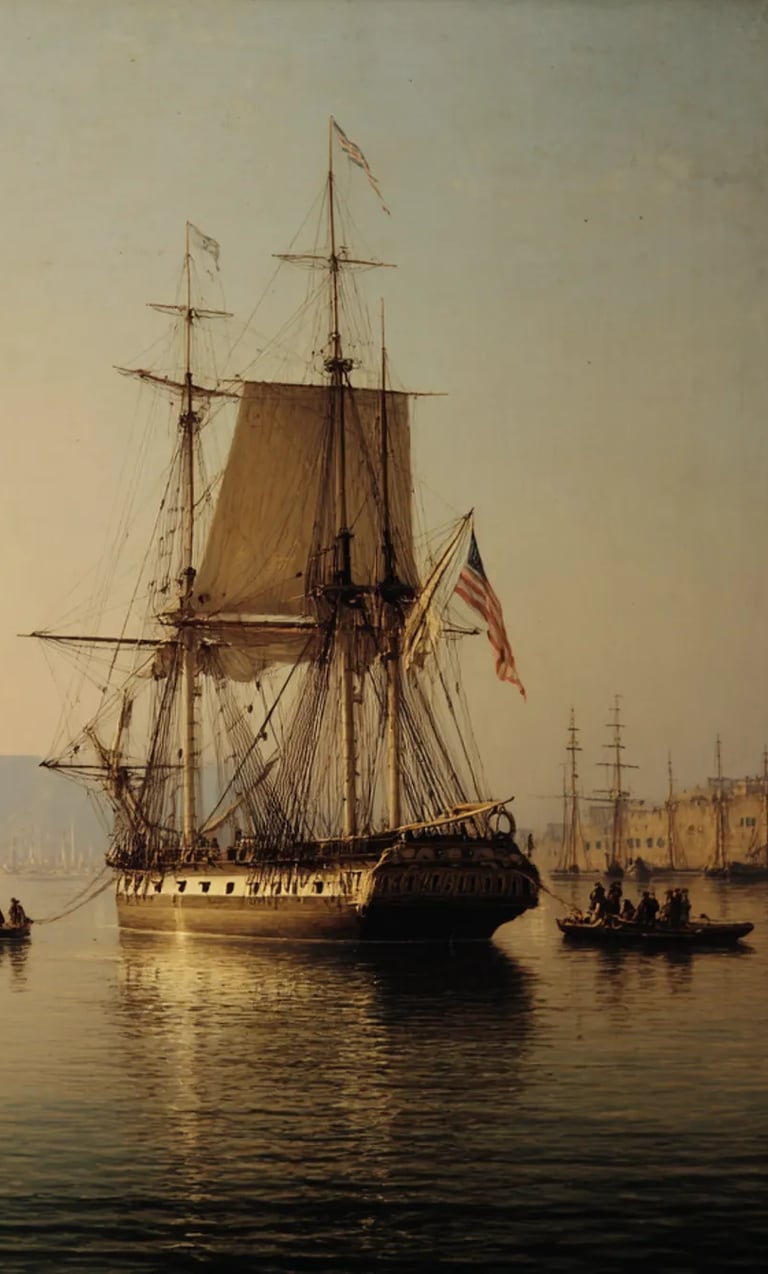

On November 28th, 1893, women in New Zealand became the first in the world to vote in a national election. After years of activism and signature drives led by Kate Sheppard and others, suffrage was finally realized. It was more than a vote—it was a global signal flare for gender equality. The world watched, and the idea that democracy could include women began to spread.
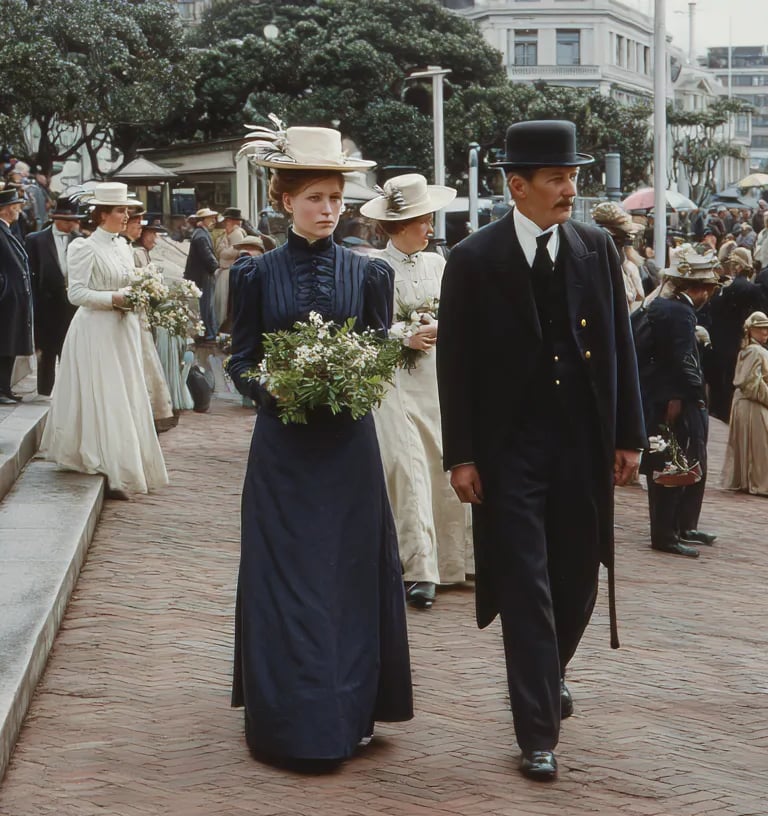

1893 – New Zealand Women Make History at the Ballot Box


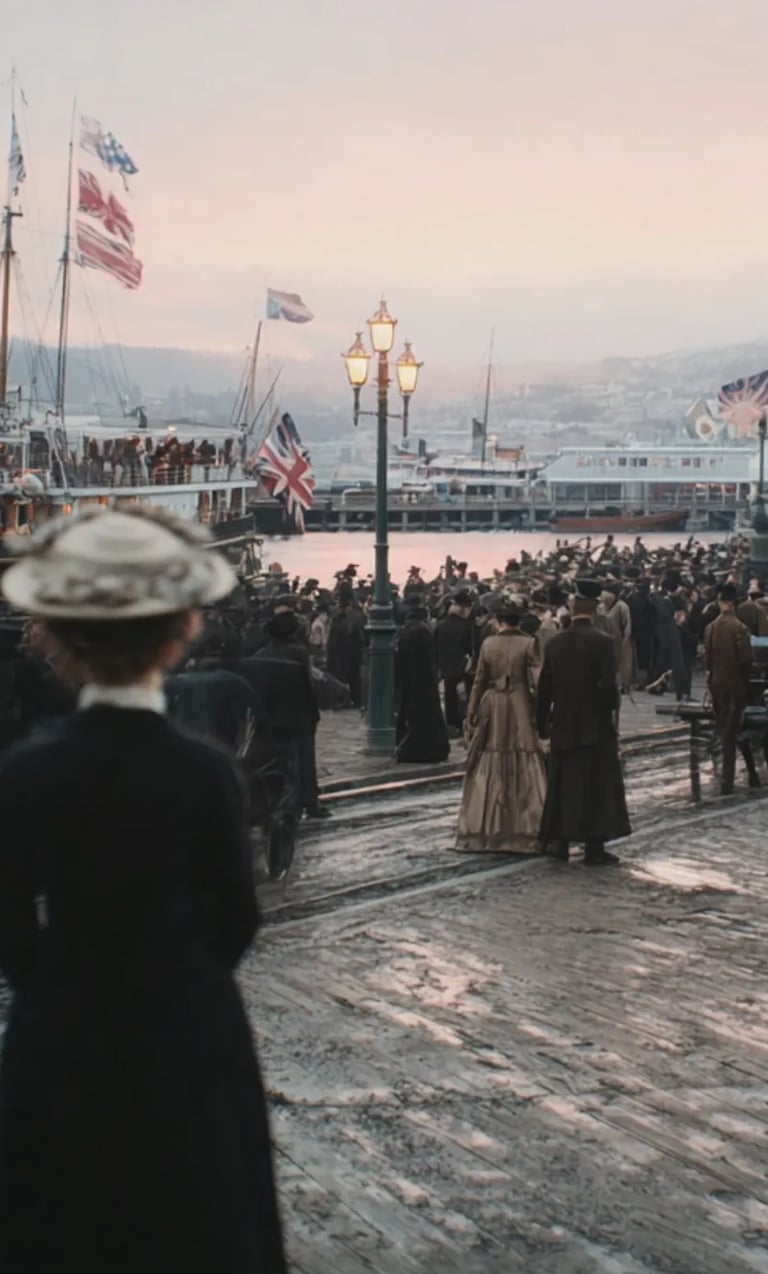

In 1916, the skies over London turned deadly as German planes launched their first air raid on the British capital. It marked a chilling evolution in modern warfare—one where civilians were no longer safe behind the front lines. The psychological shock of the attack reshaped public fear and military strategy alike, forever changing how wars were fought and how cities braced for battle overhead.
